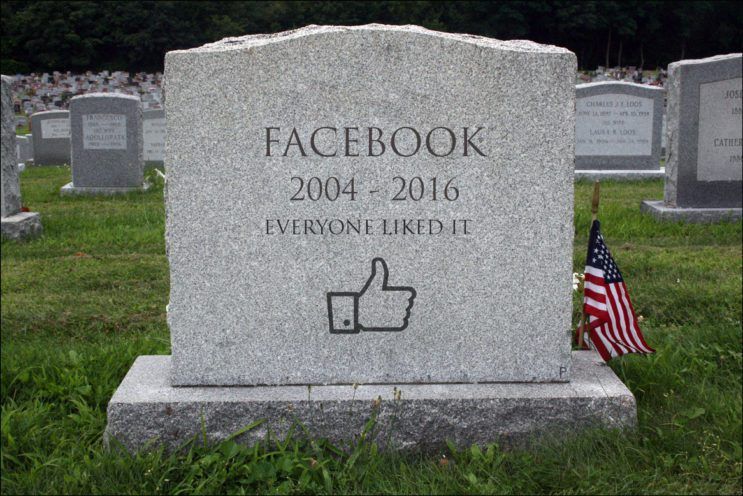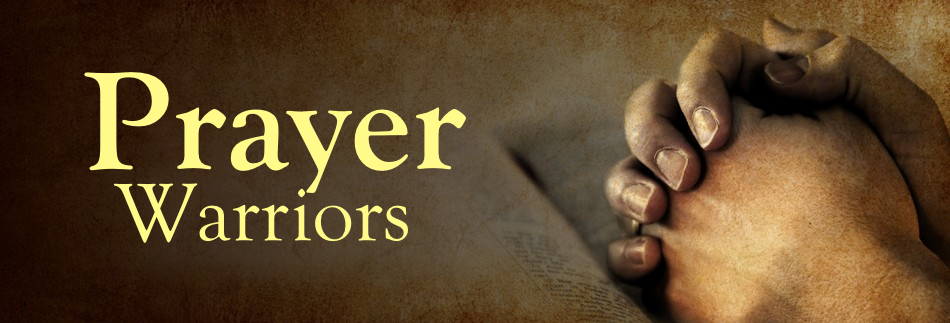Treating Advent Like a Mini Lent
When we think about the weeks leading up to Christmas, we think of gifts, baked goods, days off of school and work, and parties. In a more religious sense, we think of Advent wreaths, nativity scenes, and the Christmas stories. We don’t usually associate this Christmas season with penance, fasting, and alms giving like we […]
Treating Advent Like a Mini Lent Read More »






